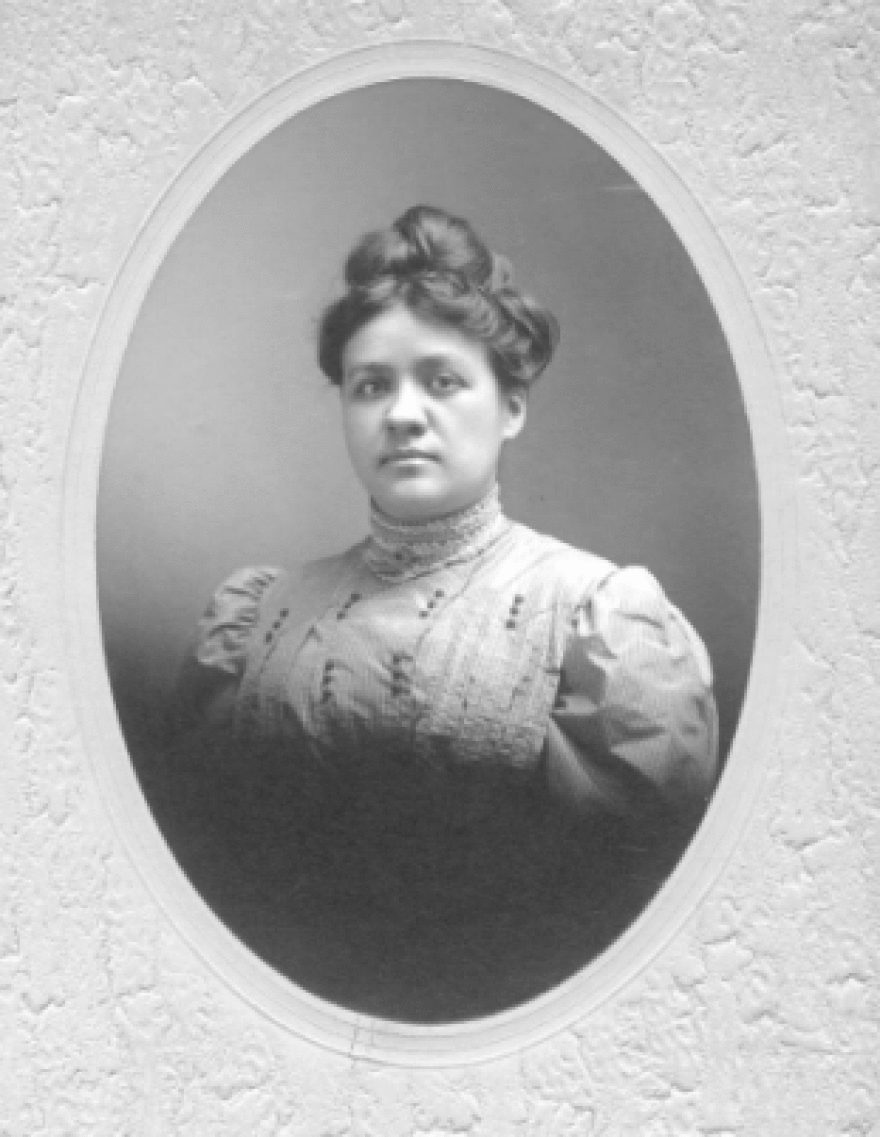As Juneteenth celebrations get underway this weekend, a special tribute is planned to honor the career of Dover native Nellie Brown Mitchell. She was born in the 1840s and went on to become one of America’s most successful Black sopranos. Now, an effort is underway to draw attention to her life story.
Throughout her decades as a singer, in churches and at events, Nellie Brown Mitchell sang all kinds of music: opera, classical, folk. We know some of the songs she sang, but we have no recordings of her singing.
Singer N’Kenge, who is performing the Juneteenth tribute to her in Portsmouth, imagines her voice as a lyric soprano.
“Not too light but having a richness to it, so that it would really sound beautiful with Negro spirituals that she probably did a lot of in concerts, but still having the lightness and the flexibility to do some of the oratorio that requires the coloratora extension,” said N’Kenge.
When Mitchell was touring, she used that voice to delight audiences all over the East Coast and Midwest. She performed at both Black and white churches and notably at Steinway Hall in New York City.
But because she was Black, she was denied the same opportunities as her white contemporaries--like, for example, the opportunity to make recordings of her singing voice.
N’Kenge says this part of her story resonates today.

“There’s not enough Blacks being represented in operas around America. So this is an ongoing story,” N’Kenge said.
We know Nellie Brown Mitchell performed at the funeral of abolitionist William Lloyd Garrison, and at meetings of the organization that would become the NAACP.
She also invented a device called the “phoneterion” which helped singers learn proper tongue positions.
Still, her name is not as well-known as it should be, says David Watters, a state senator and historian. And that, he says, is part of the greater problem of systemic Black erasure from history.
“You know, there is a five volume history of New Hampshire--big volumes published in 1924--and there are five sentences that reference Black people in the thousands of pages of those volumes,” he said.
Nellie Brown Mitchell’s name isn’t even on the stone marking her grave in Dover. Watters says he and the Black Heritage Trail of New Hampshire are working to change that. But he doesn’t think efforts to revive her memory should stop there.
“One thing I am imagining is we’ll have an annual concert in Dover of the pieces she performed and that might be a way to keep her memory alive,” said Watters.
Tonight, as part of the Black Heritage Trail’s Juneteenth celebration, N’Kenge will honor Nellie Brown Mitchell with a performance including a work by J.S. Bach, and a rendition of “Three Dream Portraits,” by Margaret Bond and Langston Hughes.
N’Kenge says she hopes people of all backgrounds will be touched by the music.
“There’s going to be music in this concert that is really going to be telling of the fight that we as
African Americans have had to go through over the years, just to be able to show our identity and be heard and to be heard authentically.”
The performance takes place tonight at 7:30 at the Music Hall in Portsmouth.






